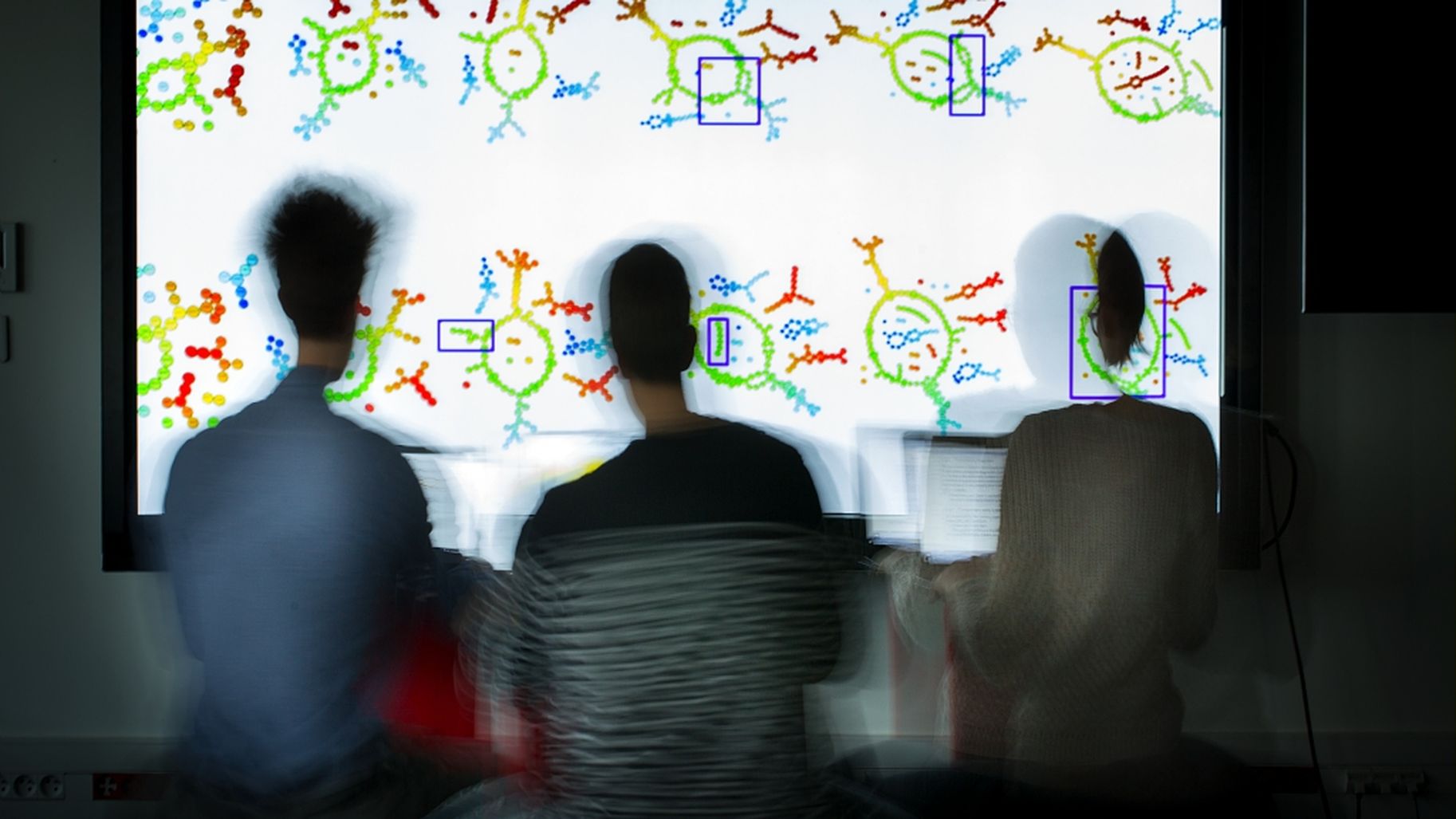A platform for mutual aid between expatriates
Date:
Changed on 15/04/2021

Patricia Connell (French expatriate in London for many years, and consular delegate of the third constituency in Northern Europe since 2014) and I exchanged regularly at the beginning of the confinement, and were struck by the isolation of many French people in London. Confinement has weighed on many, but being expatriated (and thus far from one's family and sometimes one's landmarks, for the most recently arrived) does not help, especially the most fragile.
"It was necessary to act, to do something concrete. We knew there was a demand, but we didn't know what it was. So we thought it would be interesting to draw up a list of people over 65 years of age who could be offered help if needed. We then wondered how we were going to identify the people and send a message to them and also to the younger people who could help. And then we thought that maybe these young people would also want support."
Patricia Connell, Consular Delegate
We came up with the idea of a self-help platform to connect people who need help with those who can offer it (take news, bring groceries, buy medication, etc.). Through her work at the Consulate, Patricia Connell was able to quickly contact all the French people registered on the consular lists; my data processing skills made it possible to automate the connection. We thus created a questionnaire, the answers to which were automatically processed to identify the needs, the offer, and to make the optimal match. The project of mutual aid between expatriates was born!
"We had more people wanting to help than asking for help. I found it extraordinary, I was almost in tears to see all this solidarity between French people in the United Kingdom."
Patricia Connell, Consular Delegate
Project holders : Patricia Connell, Consular Delegate, and Benjamin Guedj, machine learning researcher within the Inria project-team Modal
Partner : French Embassy in London
#AI #DataScience #MachineLearning
Following the success of the initiative with the French community in London (which includes several hundred thousand people), Patricia Connell has been kind enough to share her network with me and has defended our work with several representatives of the French expatriate communities in a dozen countries. Several thousand answers to questionnaires, and hundreds of contacts in several countries, between people in need of help and people who could offer it (logistical support, morale during confinement): the results have largely exceeded our initial hopes. The partial deconfinement that is taking place in some countries is gradually making the platform obsolete: it was designed to respond to the urgency of isolation. But we hope to be able to transform the trial and perpetuate the solidarity structures that have been set up: in London, we will organise after the summer (if deconfinement is allowed in the United Kingdom) several events to bring together the citizens who have contributed.
For more than twelve years, I have had several political, associative and militant commitments: I have therefore been very comfortable to exchange with my various interlocutors (heads of charitable associations, elected officials, candidates for the consular elections [which should have been held in May 2020 and were postponed to May 2021, on 27 May 2020]...) I immediately explained how my programme worked and what data was necessary: all those with whom I had the opportunity to exchange information have integrated these technical constraints.